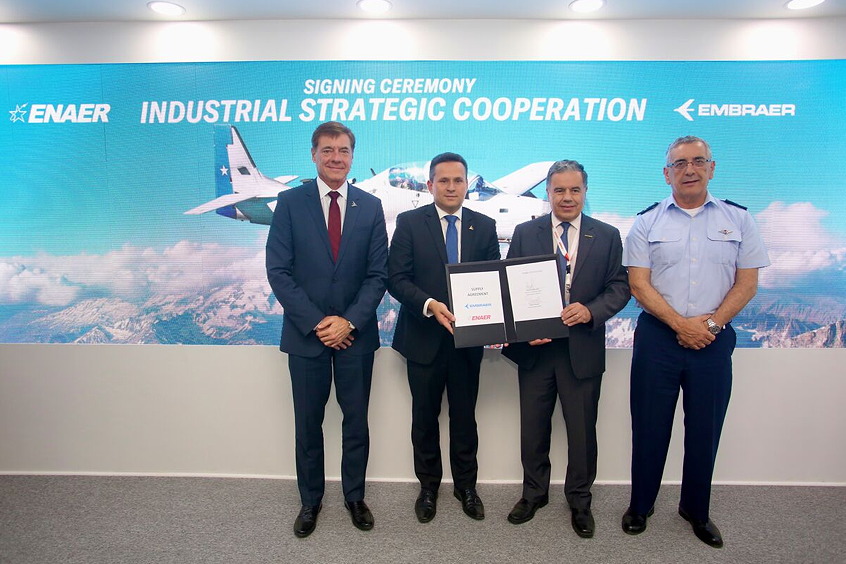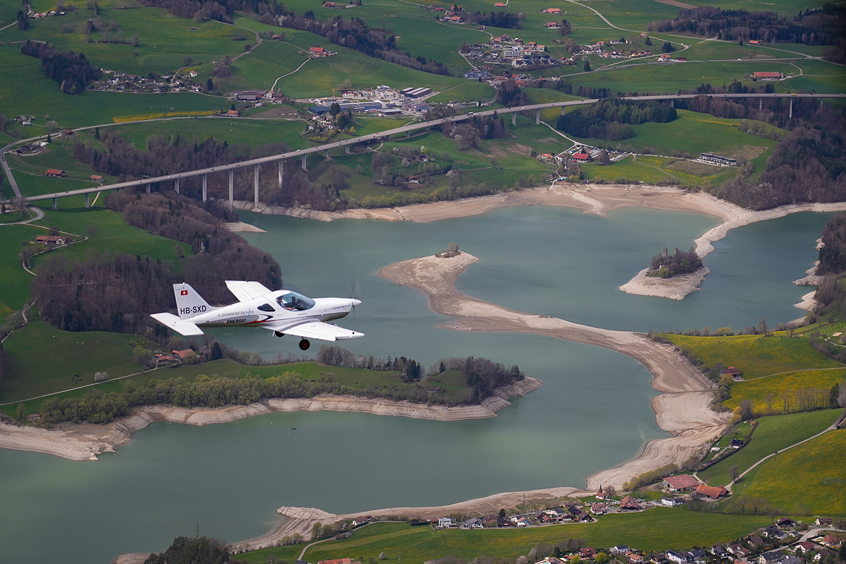French aerospace company Safran Power Units has signed an agreement with Australia's Amaero Engineering and Monash University to print aerospace components.
“We will make components for auxiliary power units and turbojet engines within the Safran Power Units factory in Toulouse,” said Mr Barrie Finnin, CEO of Monash spin-out company Amaero.
Amaero will provide Safran Power Units two machines to set up a manufacturing capacity in Toulouse using a 3D printing technology known as Selective Laser Melting (SLM). They'll bring know-how and intellectual property and relocate two of their large printers to Toulouse.
The Monash University and Amaero team have customised the printers so that they can meet the tight material and production specifications required by Safran Power Units for engine parts.
Safran Power Units is in charge of designing the components. Amaero will manufacture them. Safran Power Units will post-process, machine and assemble them into gas turbines. Safran Power Units will test, validate and certify the components before entering into serial production, which will commence in 2017.
In 2015, Monash University, Amaero and Safran Power Units presented the 'world's first printed jet engine mock up' at the Melbourne International Airshow. Supported by the Science and Industry Endowment Fund (SIEF) and in collaboration with Deakin University and the CSIRO, Team took a Safran Power Units gas turbine from a Falcon 20 executive jet, scanned it and created two copies using their customised 3D metal printers. The project demonstrated that both partners could meet tough requirements for major and critical components used in APUs and other gas turbines such as combustion chamber, air inlet casing and nozzle. Safran Power Units has already entered into certification process for such critical parts, thus allowing quick serial production ramp up.
Monash University's Vice-Provost (Research and Research Infrastructure) Professor Ian Smith said that the Amaero-Safran agreement is an excellent example of the University's exceptional research having commercial impact on a global scale:
"I am delighted that Monash is contributing to global innovation and attracting business investment with our world-class research. The Amaero-Safran collaboration is a fabulous example of how universities and industry can link together to translate research into real commercial outcomes,” Professor Smith said.
“The new venture is part of Monash University's large-scale investment in innovation on our Clayton campus, which brings together a dynamic cluster of research, research infrastructure and industry partners. Collectively we and our industry collaborators are driving technological change and advancing manufacturing – delivering real social and economic impact.”
“Safran Power Units supported us from the beginning of our journey. We proved that our team were world- leaders,” said Professor Xinhua Wu, Director of the Monash Centre for Additive Manufacturing. “I'm delighted to see our technology leap from the laboratory to a factory at the heart of Europe's aerospace industry in Toulouse,” Professor Wu said.“Over the past 5 years, Safran Power Units and Monash University have successfully worked on a demonstration phase. Innovations generated by research and joint collaboration lead us to a new milestone: introducing 3D printing into production stage for major engine parts. We are committed to add tangible value to our products for the benefit of our customers. The stakes are high: weight reduction, huge production cycles shortening and designs innovation. Safran Group advances and our partner leading-edge expertise allow us to stay ahead and to supply the most sophisticated components. This is not just a matter of 3D printing, the 3P rule applies: setting the right parameter for the right part and the right expected performance” declared François Tarel, CEO of Safran Power Units.
Meanwhile, back in Australia Amaero and Monash are turning their aerospace expertise to assist Australian industries – from car components to mining, and food processing. They're working on a wide range of biomedical devices including customised surgical tools and scaffolds to replace large tumours removed in surgery.
The development and commercialisation of this advanced 3D metal printing technology has been supported by Monash University, Safran Power Units, and the Australian government through the Entrepreneurs' program, the Australian Research Council (ARC) and other agencies. CSIRO and Deakin University are also participants in the original engine printing project supported by SIEF (Science Industry Endowment Fund) which continues to provide valuable data and software tools.
| Contact details from our directory: | |
| Amaero Engineering Pty Ltd | Laser Welding, Additive Manufacturing |
| Monash University | Academic Institutions, Additive Manufacturing |
| Safran Power Units | Auxiliary Power Units, Air Start Systems, Engine (Jet) Airstart Systems |
| Related directory sectors: |
| Metal Processes |
Weekly news by email:
See the latest Bulletin, and sign up free‑of‑charge for future editions.

Bell Mexico delivers 800th commercial aircraft cabin

Chile's ENAER expands cooperation with Embraer

Eve names KAI as supplier for eVTOL pylons
